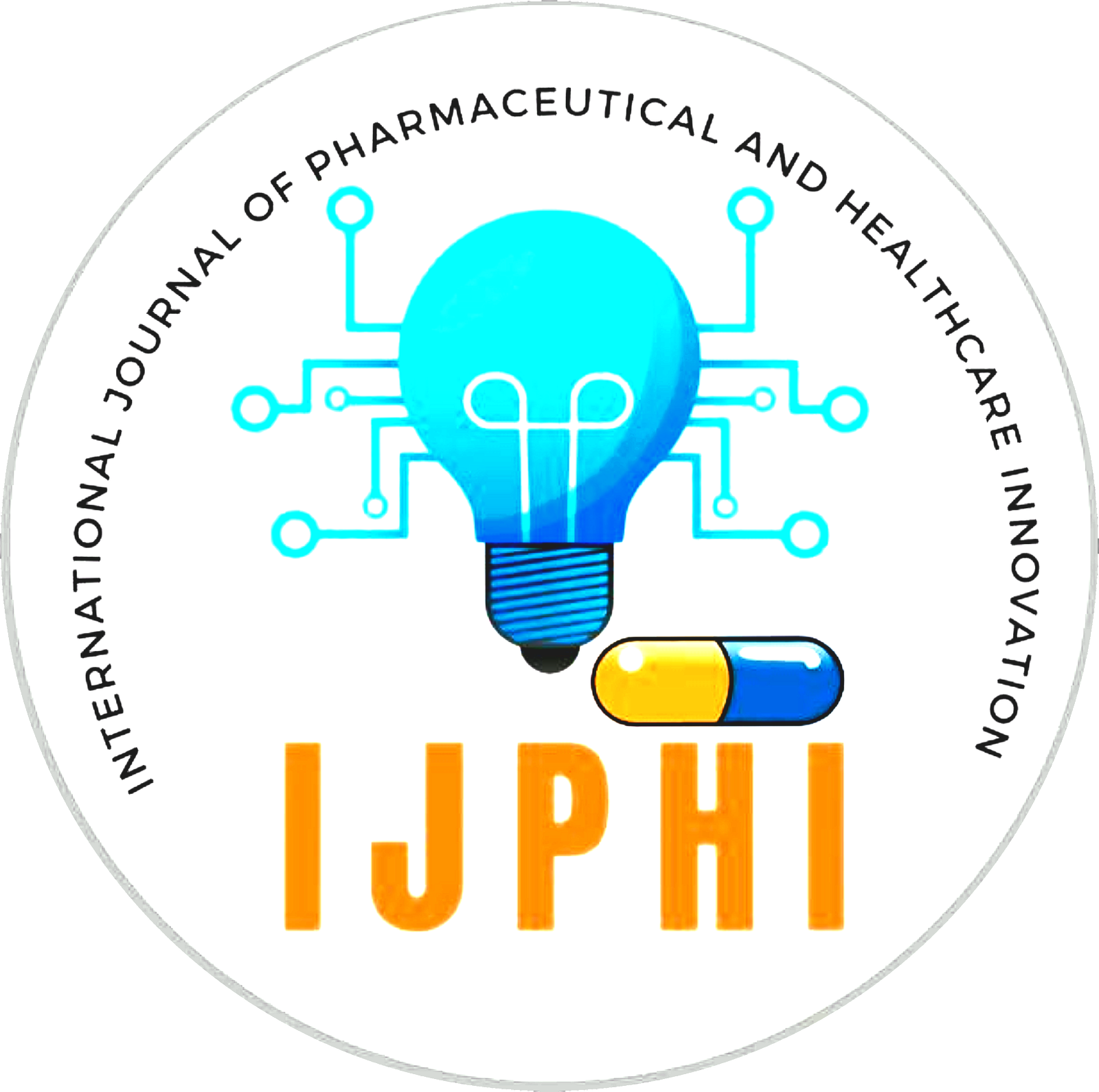Targeting Alpha-Synuclein as a Treatment for Parkinson's Disease
DOI:
https://doi.org/10.62752/9v9h6s45Keywords:
Alpha-synuclein, Neurodegeneration, Disease-modifying therapies, Lewy bodies, Personalized medicineAbstract
Parkinson's disease is a progressive neurodegenerative disorder characterized by the loss of dopaminergic neurons in the substantia nigra pars compacta, leading to motor symptoms such as tremor, rigidity, and bradykinesia. Beyond these motor manifestations, Parkinson's disease encompasses non-motor symptoms, including cognitive impairment and autonomic dysfunction, significantly impacting patients' quality of life. Current treatments primarily focus on dopamine replacement, emphasizing the need for disease-modifying therapies. A key pathological feature of Parkinson's disease is the accumulation of misfolded alpha-synuclein, forming Lewy bodies and contributing to neurodegeneration through various mechanisms. Recent research highlights alpha-synuclein as a promising target for novel therapies aimed at reducing its production, enhancing clearance, preventing aggregation, and blocking cell-to-cell propagation. This review examines strategies under investigation, including genetic approaches, immunotherapies, and small molecule inhibitors. Despite advancements, challenges remain, such as overcoming the blood-brain barrier and addressing disease heterogeneity. We discuss these limitations and explore future directions focused on advanced drug delivery systems, personalized medicine, and combination therapies. Ongoing clinical trials continue to explore the efficacy and safety of these innovative approaches, offering hope for transformative advances in Parkinson's disease treatment. This article highlights the importance of collaborative efforts between researchers and clinicians in translating findings into effective clinical interventions. By comprehensively examining the potential and challenges of targeting alpha-synuclein, we aim to provide insights into the future of Parkinson's disease treatment and its potential to significantly improve patients' lives.

Downloads
Published
Issue
Section
License
Copyright (c) 2024 Pharmacytalk2us

This work is licensed under a Creative Commons Attribution-NonCommercial 4.0 International License.
All articles published in the International Journal of Pharmaceutical and Healthcare Innovation (IJPHI) are licensed under the Creative Commons Attribution–NonCommercial 4.0 International License (CC BY-NC 4.0). Authors retain copyright of their work and grant the journal the right of first publication. The published material may be used, shared, and reproduced for non-commercial purposes with proper attribution.
© IJPHI GLOBAL PUBLISHER PVT. LTD.










